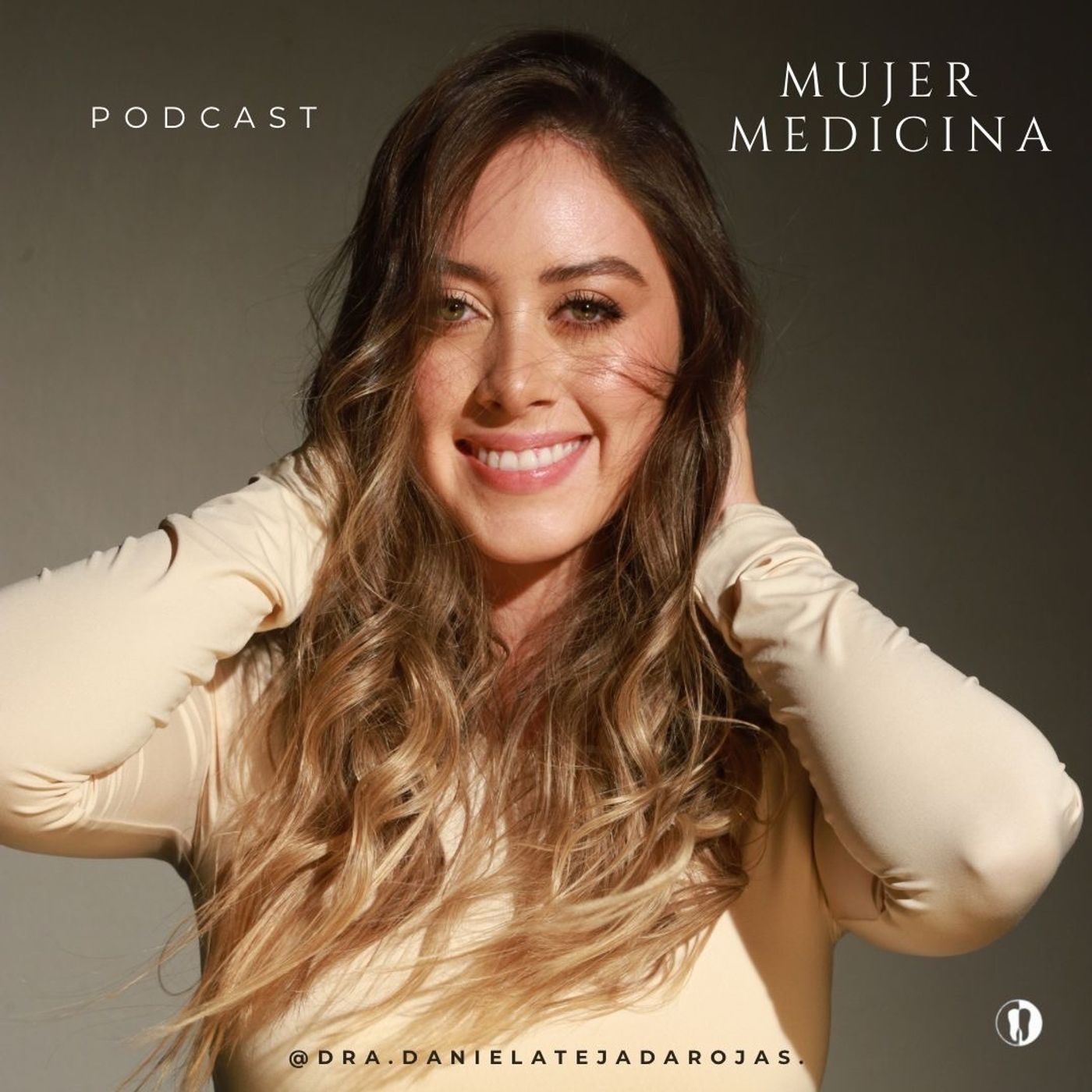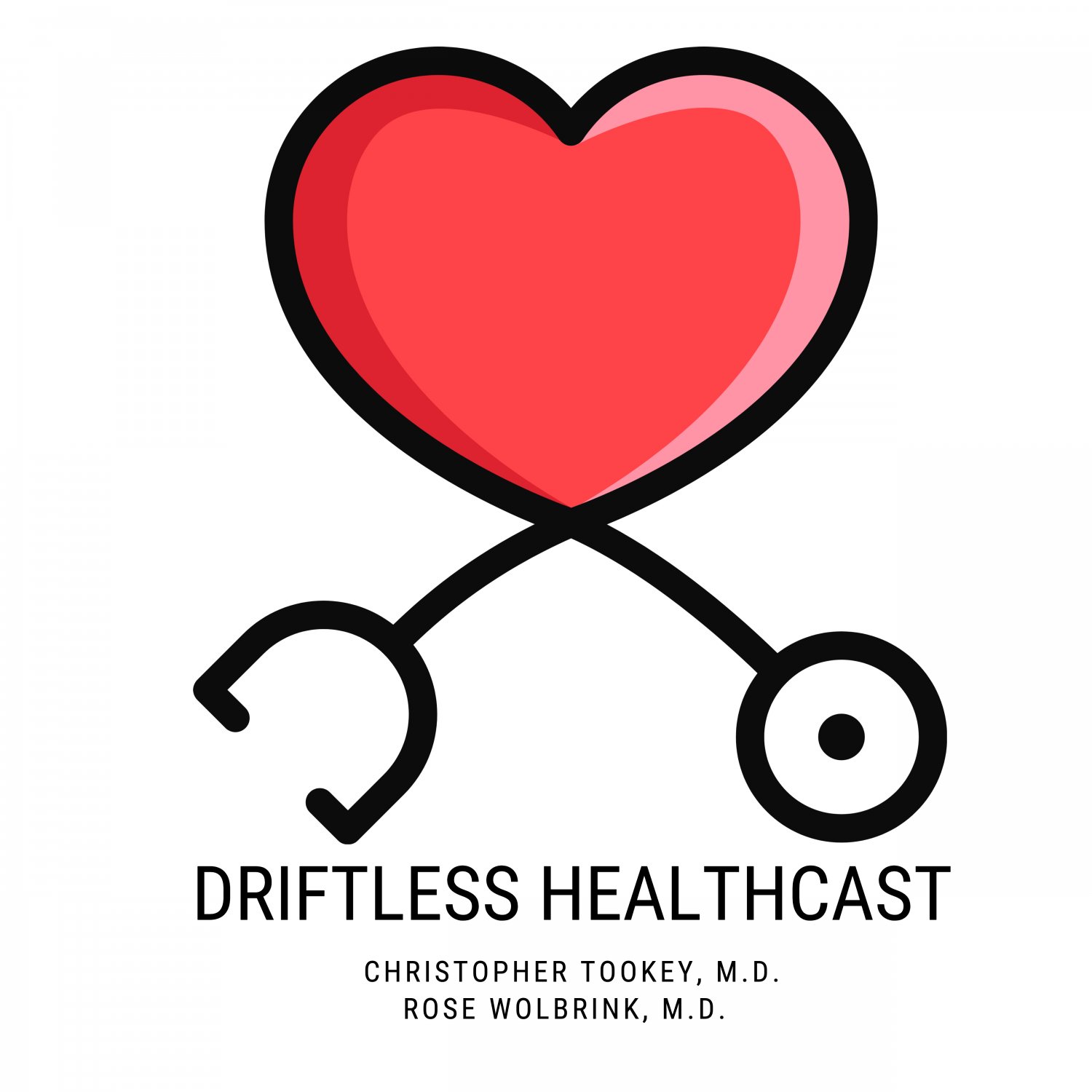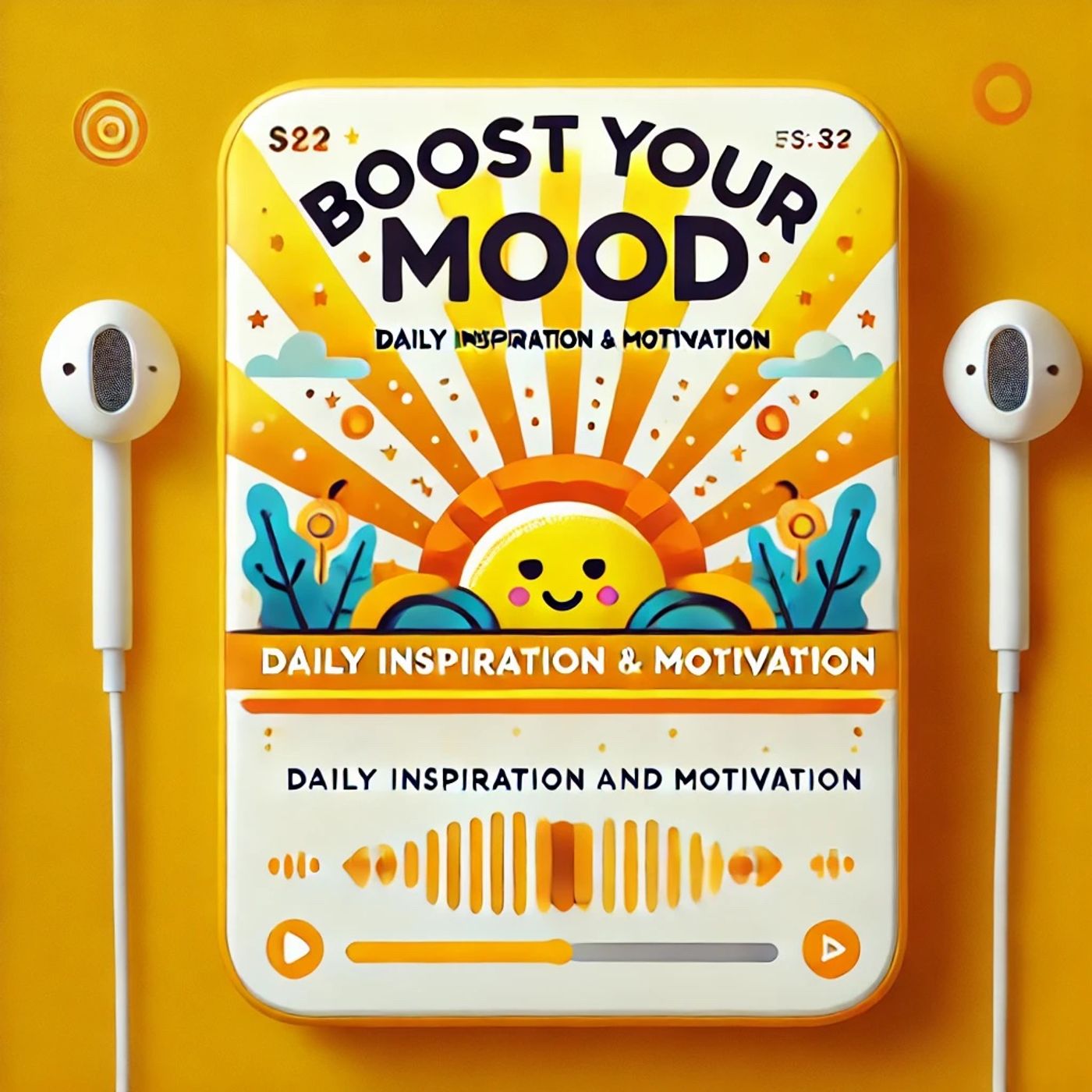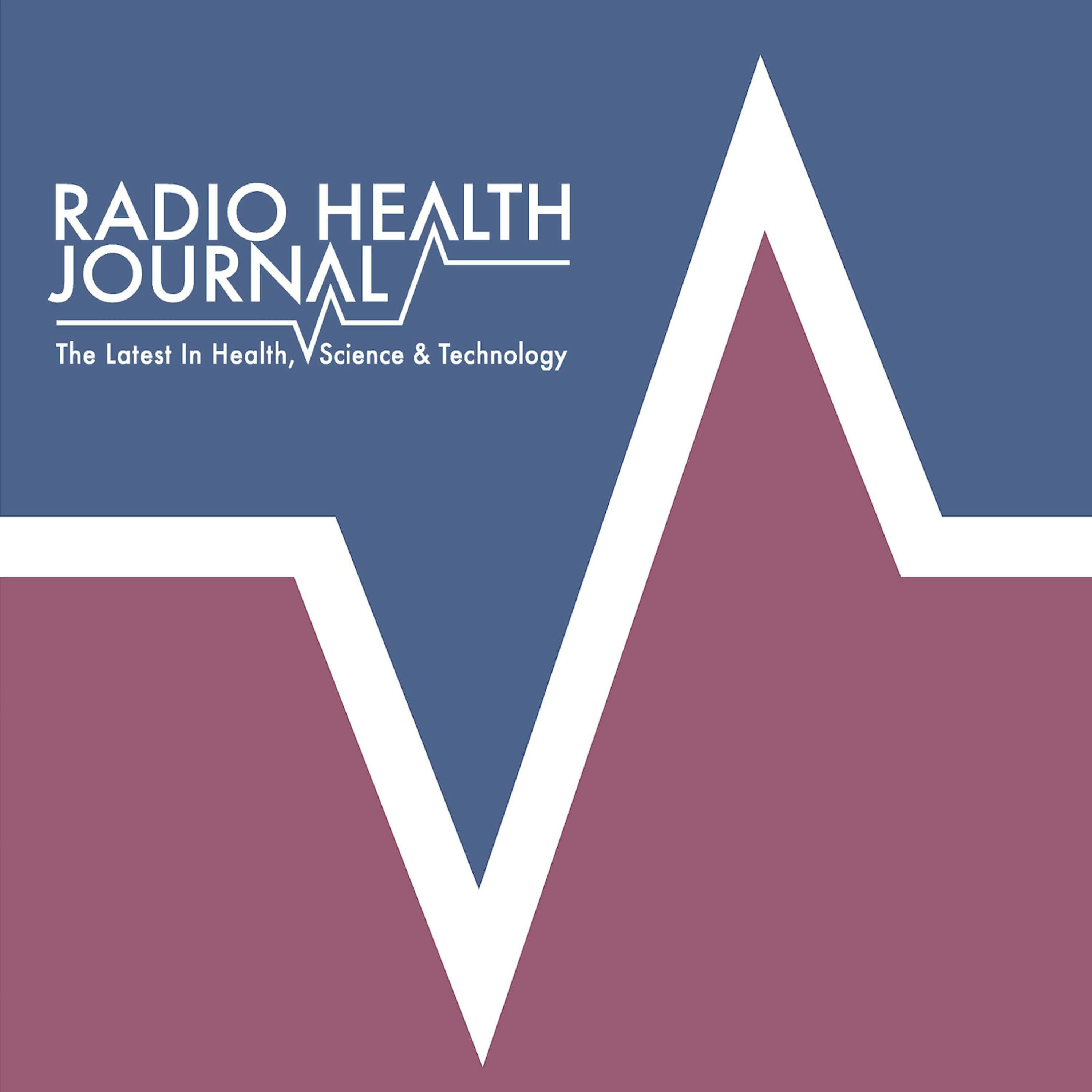Healthy Looks Great on You: Is it normal aging or dementia?
Update: 2025-01-10
Description
Do you ever wonder if your forgetfulness is normal or an early sign of dementia? Could losing your keys be something more sinister? While memory lapses are just part of getting older, knowing the difference between normal aging and early dementia could change everything. Today, we'll uncover the subtle warning signs that should not be ignored
I'm Dr.Vickie Petz Kasper. I practiced obstetrics and gynecology for 20 years until I landed on the other side of the sheets as a very sick patient. When my own body betrayed me, I took a handful of pills to manage my disease and another handful to counteract the side effects. My health was out of control.
Through surgery, medications, and lots of prayers, I regained my strength only to face another diagnosis. My doctor challenged me to make radical changes through lifestyle medicine. Now I feel great and I want to help you make changes that make a difference. Healthy Looks Great On You podcast takes you to many medical schools so you can learn the power of lifestyle medicine.
If you're ready to take control of your health, you're in the right place. Whether you're focused on prevention or you're trying to manage a condition. I'll give you practical steps to start your own journey toward better health because healthy looks great on you.
This is episode 154, Is it Normal Aging or Early Signs of Dementia? Today we resume our month long series on dementia. If you've ever worried about your own cognitive function, or that of a friend or a family member You're going to learn what's normal and what's an indication of something more ominous.
And we're going to start by taking a look into the complexities and wonders inside our skulls. The brain.
It's the most complex organ in the body. When I was a medical student, over the course of gross anatomy, we dissected a cadaver. All the organs. It was a long and tedious process, separating tendons and blood vessels in the hand, examining the stomach, pancreas and liver as we removed layer after layer from the abdominal cavity.
We inspected the lungs inside and out. But you want to know what we did not do in gross anatomy? brain. Now, before you think we skipped something, just the opposite is true. At the end of the semester, we had to remove the brain because there was an entire course that followed on neuroanatomy. But don't worry, I don't call this mini medical school for nothing, so I'll be quick, but we are going to do a very surface overview of the anatomy of the brain.
Your brain weighs about three pounds and it contains lots of nerve cells. and an intricate network of communication. This may surprise you, but about 40 percent of it is water, protein, carbohydrates, and salts. And guess what comprises the other 60%? If you said fat, you get to graduate early, but I'm guessing that you didn't.
There are three main parts of the brain and two main layers. Now, of course, this is a huge oversimplification, and there's so much more, but we're going to stick to the very basics. The biggest part of the brain is the cerebrum, and it takes up about 80 percent of the brain. This is your thinking, feeling, reasoning, learning, problem solving memory part of the brain.
It's the part that makes you uniquely you. It allows you to speak, and exercise judgment, and feel, and see, and hear, and touch. It also helps regulate temperature and controls the movement of your body. But it's the cerebellum in the back part of the head that keeps your body balanced and coordinated. And it's about the size of your fist.
It may also play a role in thought, emotions, and social behavior, even addiction. The third part is at the bottom of the other two parts. It's called the brainstem, and it connects the brain to the spinal cord, and it controls basic functions, like your heart rate and breathing.
The outer layer of the brain is called gray matter because it's literally a darker shade. The interior of the brain is made up of white matter. An
I'm Dr.Vickie Petz Kasper. I practiced obstetrics and gynecology for 20 years until I landed on the other side of the sheets as a very sick patient. When my own body betrayed me, I took a handful of pills to manage my disease and another handful to counteract the side effects. My health was out of control.
Through surgery, medications, and lots of prayers, I regained my strength only to face another diagnosis. My doctor challenged me to make radical changes through lifestyle medicine. Now I feel great and I want to help you make changes that make a difference. Healthy Looks Great On You podcast takes you to many medical schools so you can learn the power of lifestyle medicine.
If you're ready to take control of your health, you're in the right place. Whether you're focused on prevention or you're trying to manage a condition. I'll give you practical steps to start your own journey toward better health because healthy looks great on you.
This is episode 154, Is it Normal Aging or Early Signs of Dementia? Today we resume our month long series on dementia. If you've ever worried about your own cognitive function, or that of a friend or a family member You're going to learn what's normal and what's an indication of something more ominous.
And we're going to start by taking a look into the complexities and wonders inside our skulls. The brain.
It's the most complex organ in the body. When I was a medical student, over the course of gross anatomy, we dissected a cadaver. All the organs. It was a long and tedious process, separating tendons and blood vessels in the hand, examining the stomach, pancreas and liver as we removed layer after layer from the abdominal cavity.
We inspected the lungs inside and out. But you want to know what we did not do in gross anatomy? brain. Now, before you think we skipped something, just the opposite is true. At the end of the semester, we had to remove the brain because there was an entire course that followed on neuroanatomy. But don't worry, I don't call this mini medical school for nothing, so I'll be quick, but we are going to do a very surface overview of the anatomy of the brain.
Your brain weighs about three pounds and it contains lots of nerve cells. and an intricate network of communication. This may surprise you, but about 40 percent of it is water, protein, carbohydrates, and salts. And guess what comprises the other 60%? If you said fat, you get to graduate early, but I'm guessing that you didn't.
There are three main parts of the brain and two main layers. Now, of course, this is a huge oversimplification, and there's so much more, but we're going to stick to the very basics. The biggest part of the brain is the cerebrum, and it takes up about 80 percent of the brain. This is your thinking, feeling, reasoning, learning, problem solving memory part of the brain.
It's the part that makes you uniquely you. It allows you to speak, and exercise judgment, and feel, and see, and hear, and touch. It also helps regulate temperature and controls the movement of your body. But it's the cerebellum in the back part of the head that keeps your body balanced and coordinated. And it's about the size of your fist.
It may also play a role in thought, emotions, and social behavior, even addiction. The third part is at the bottom of the other two parts. It's called the brainstem, and it connects the brain to the spinal cord, and it controls basic functions, like your heart rate and breathing.
The outer layer of the brain is called gray matter because it's literally a darker shade. The interior of the brain is made up of white matter. An
Episode: https://healthylooksgreatonyou.podbean.com/e/is-it-normal-aging-or-dementia/
Podcast: https://healthylooksgreatonyou.podbean.com
Comments
In Channel

























